In Japan, there’s a phrase called “oya-gacha” — literally, “the parent gacha.”
It’s a somewhat ironic expression that means “drawing your parents by luck, as if from a gacha machine.”
People say things like:
“I failed the parent gacha.”
“I got lucky in the parent gacha.”
At first glance, it sounds playful, but it actually reflects social issues such as inequality, family environment, and opportunity gaps.
The key word “gacha”, which conveys the feeling of randomness and luck, carries the entire metaphor — making this word a fascinating case of an onomatopoeia evolving into a social term.
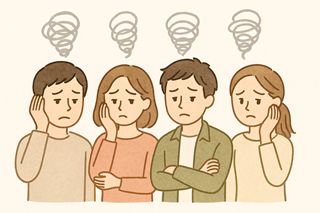
Origin of the Word
The “gacha” part comes from mobile games, where players obtain characters or items by chance through a gacha system.
In English, this is also called “gacha games” or “gacha mechanics.”
Today, “gacha” has become an internationally recognized word, originally derived from Japanese onomatopoeia.
Tracing it further back, gacha comes from capsule toys — the “gachapon” or “gashapon” machines that dispense random toys when you turn the handle.
So, the evolution looks like this:
Capsule toys → Mobile games → Social metaphor
And from there, oya-gacha was born — combining oya (parent) + gacha (random draw).
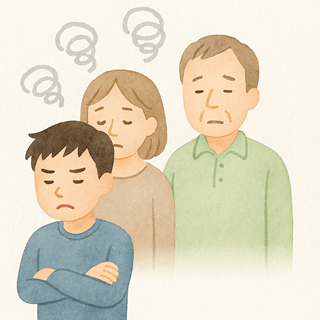
But What Does “Gacha” Sound Like?
“Gacha” is an onomatopoeic word that imitates the clack-and-turn sound made when you twist the capsule-toy handle or unlock a door.
It’s a short, rhythmic sound that captures movement, luck, and chance — all in one syllable.
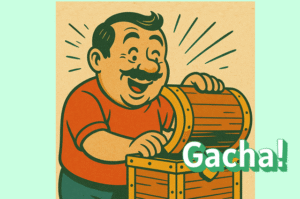
Final Thoughts
“Oya-gacha” perfectly demonstrates how Japanese blends sound, feeling, and meaning into everyday expressions.
Words like this show how sound-based language can evolve — from simple noises to cultural reflections.
In this way, Japanese onomatopoeia (sound words) not only describe sounds, but also capture the randomness, emotions, and humor of human life.
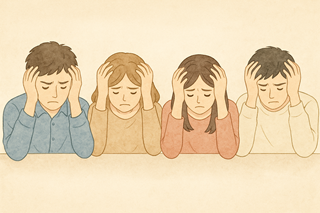

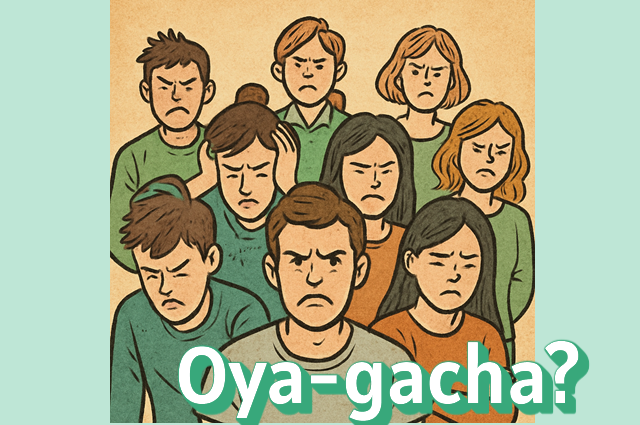
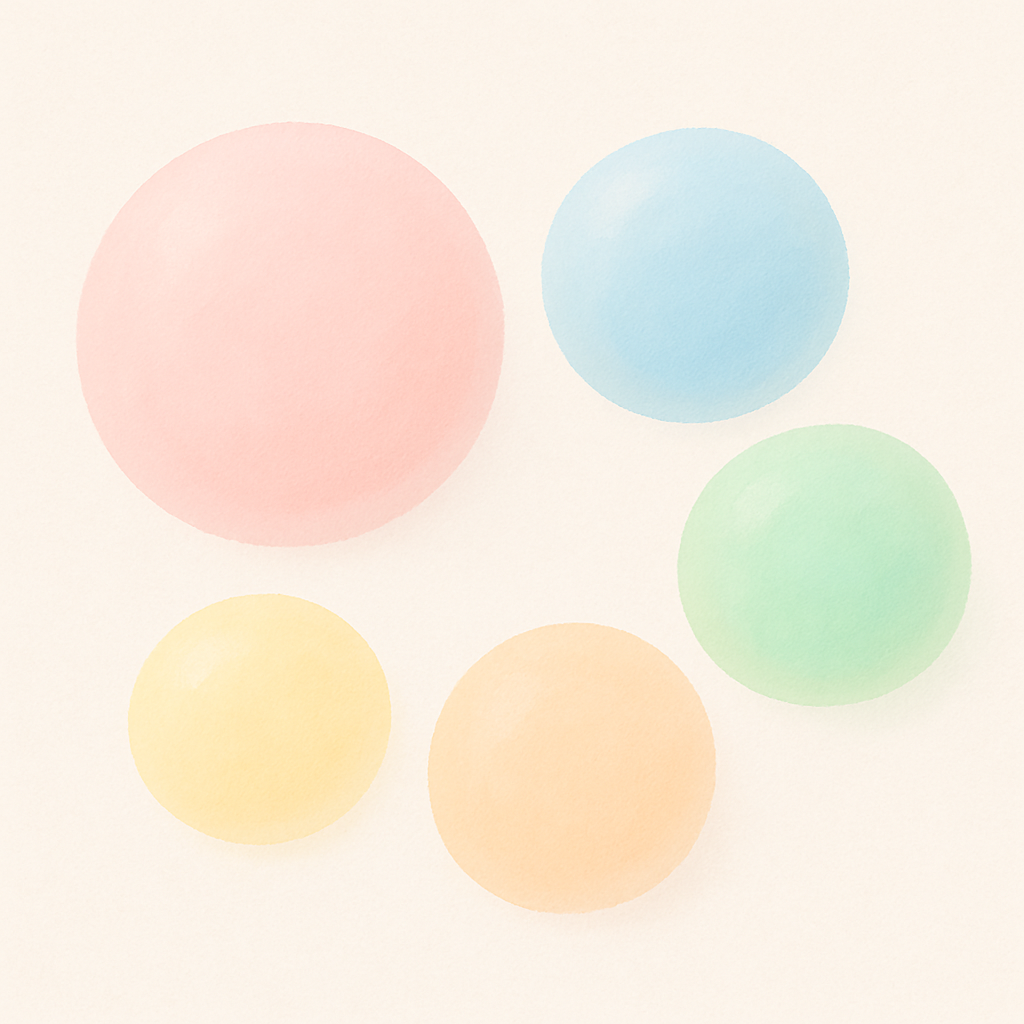

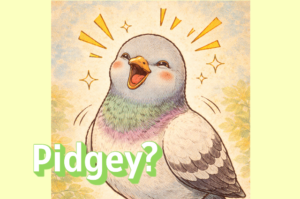
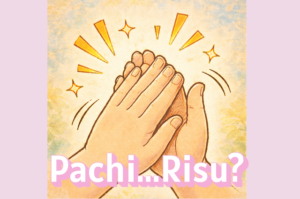
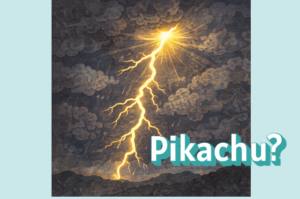
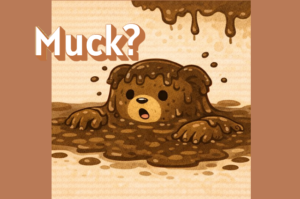
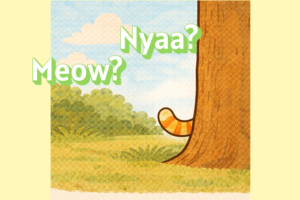
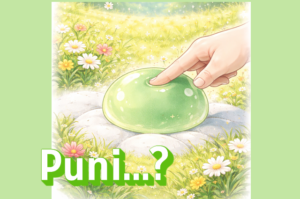
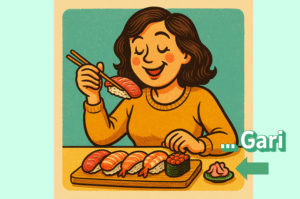
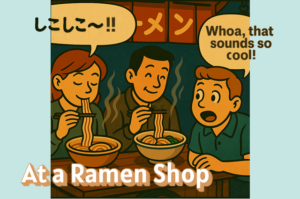
Comments